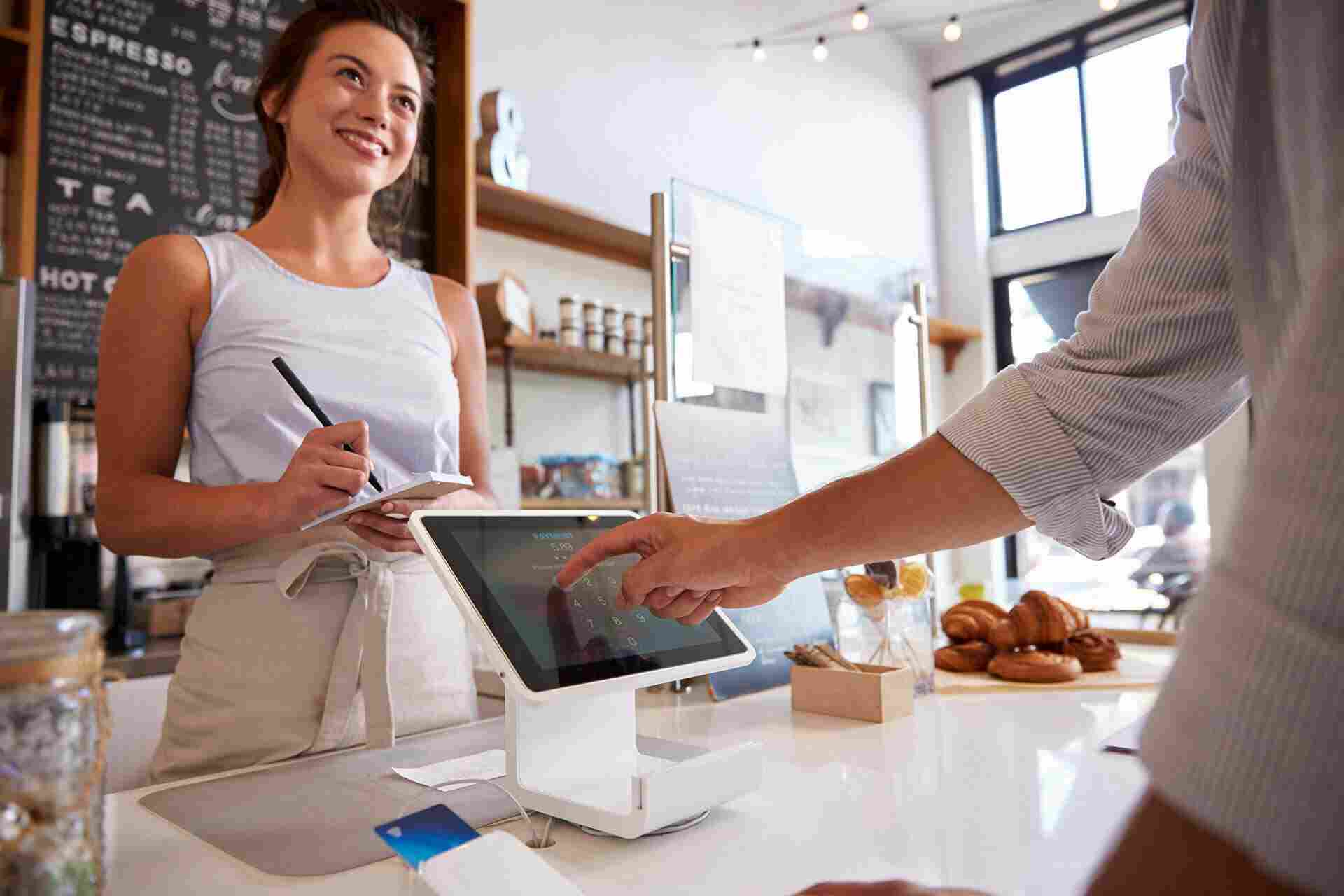The Role of POS Systems in Enhancing Omnichannel Retail

In today’s digital landscape, consumers expect a seamless shopping experience whether they’re browsing online, visiting a physical store, or interacting with a brand through social media. This demand has led to the rise of omnichannel retail—a strategy that integrates all sales channels to provide a unified customer experience. At the heart of successful omnichannel retail lies the POS (Point of Sale) system, which plays a pivotal role in ensuring that all these channels work together seamlessly.
Understanding Omnichannel Retail
Before diving into how POS systems enhance omnichannel retail, it’s important to understand what omnichannel retail is. Unlike multichannel retail, where each channel operates independently, omnichannel retail focuses on creating a consistent and cohesive customer experience across all channels. Whether a customer is shopping on your website, in your physical store, or through a mobile app, the experience should be integrated, with each channel complementing the others.
This approach allows customers to interact with your brand in a way that suits them—whether that’s researching a product online and purchasing in-store, buying online and picking up in-store (BOPIS), or even returning an online purchase to a physical location. For this strategy to work effectively, a robust POS system is essential.
Seamless Integration of Sales Channels
One of the primary roles of a POS system in omnichannel retail is to integrate various sales channels. A modern POS system acts as a central hub, connecting your online store, physical locations, and other sales platforms. This integration ensures that inventory, pricing, and customer data are consistent across all channels.
For example, if a customer purchases an item online and decides to return it in-store, the POS system should be able to process this return seamlessly, regardless of where the purchase was made. This level of integration helps to eliminate discrepancies between channels, reduce errors, and provide a smooth shopping experience for customers.
Real-Time Inventory Management
Inventory management is a critical component of omnichannel retail, and a sophisticated POS system is key to managing it effectively. In an omnichannel environment, customers expect accurate, real-time information about product availability, regardless of how they choose to shop.
A modern POS system tracks inventory across all channels in real-time, ensuring that stock levels are always up to date. This capability prevents situations where a product is listed as available online but is out of stock in-store, or vice versa. By maintaining accurate inventory data, a POS system helps businesses avoid lost sales and improve customer satisfaction.
Additionally, some POS systems offer advanced features like automated stock replenishment and inventory forecasting, which are invaluable for businesses looking to optimize their supply chain and reduce costs.
Also read: POS Systems vs. Traditional Cash Registers: Which is Better?
Personalized Customer Experience
Another significant role of POS systems in omnichannel retail is enhancing the customer experience through personalization. A modern POS system collects and analyzes customer data across all channels, including purchase history, preferences, and behavior patterns. This data can be used to create personalized marketing campaigns, recommend products, and offer tailored promotions.
For instance, if a customer frequently purchases a particular brand online, the POS system can prompt store associates to offer relevant suggestions or promotions when the customer visits a physical location. This level of personalization not only enhances the customer experience but also increases the likelihood of repeat purchases and customer loyalty.
Streamlined Checkout Process
In an omnichannel retail environment, a streamlined checkout process is essential. Customers expect to be able to complete transactions quickly and easily, whether they’re shopping in-store, online, or through a mobile app. A modern POS system supports multiple payment methods, including credit cards, mobile wallets, and contactless payments, ensuring that customers have a variety of options to choose from.
Moreover, POS systems can facilitate omnichannel services like BOPIS, where customers can purchase products online and pick them up in-store. By integrating these services into the checkout process, a POS system helps to bridge the gap between online and offline shopping, making it easier for customers to switch between channels.
Data-Driven Decision Making
Finally, POS systems play a crucial role in providing businesses with the data needed to make informed decisions. In an omnichannel retail environment, it’s essential to have a comprehensive view of sales, inventory, and customer behavior across all channels. A modern POS system consolidates this data into actionable insights, allowing businesses to identify trends, optimize pricing strategies, and make data-driven decisions.
For example, by analyzing sales data, a retailer can identify which products are most popular in certain regions or during specific times of the year. This information can be used to tailor marketing campaigns, adjust inventory levels, and improve overall business performance.
Conclusion
The role of POS systems in enhancing omnichannel retail cannot be overstated. From integrating sales channels and managing inventory to personalizing the customer experience and providing valuable insights, a modern POS system is essential for any business looking to succeed in today’s omnichannel landscape. By investing in a robust POS system, retailers can ensure that they are well-equipped to meet the demands of today’s connected consumers and provide a seamless, enjoyable shopping experience across all channels.
Visit our site at www.dibtech.com.au
Visit our YouTube channel for tutorials Dibtech






